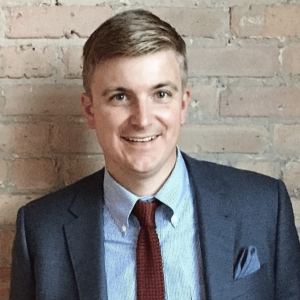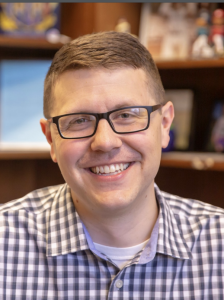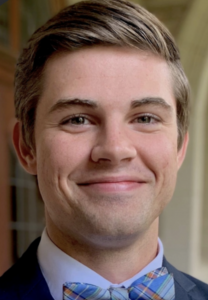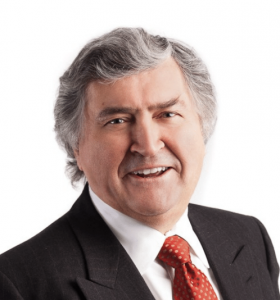Church Closures, Religious Freedom, and the Coronavirus Pandemic: Assessing the Christian Legal Movement’s Response
 Andrew Lewis is Associate Professor of Political Science at the University of Cincinnati
Andrew Lewis is Associate Professor of Political Science at the University of Cincinnati

Daniel Bennett is Associate Professor of Political Science at John Brown University and Assistant Director at the Center for Faith and Flourishing
During the earliest days of the coronavirus pandemic in the United States, many state and local governments enacted restrictions on large gatherings in an effort to slow the spread of the virus. Restaurants were closed, concerts and sporting events canceled, store capacities limited, and Sunday worship services halted. It was a sudden and seismic shift in the American way of life.
Religious Americans generally complied with orders pertaining to worship services, but many also expressed concerns about such regulation of religious life. Across several national surveys, white evangelicals were more likely than others to support churches defying government restrictions. Moreover, there were clear partisan gaps coinciding with support or opposition to these restrictions. Additionally, one study linked defiant attitudes to whether states had either no restrictions or strong restrictions, and another study connected defiance to trust in Fox News. In general, the politics of COVID restrictions on churches reflect the growing polarization of religious freedom, one that is poised to play a major role in future—and, in many ways, current—culture wars.


